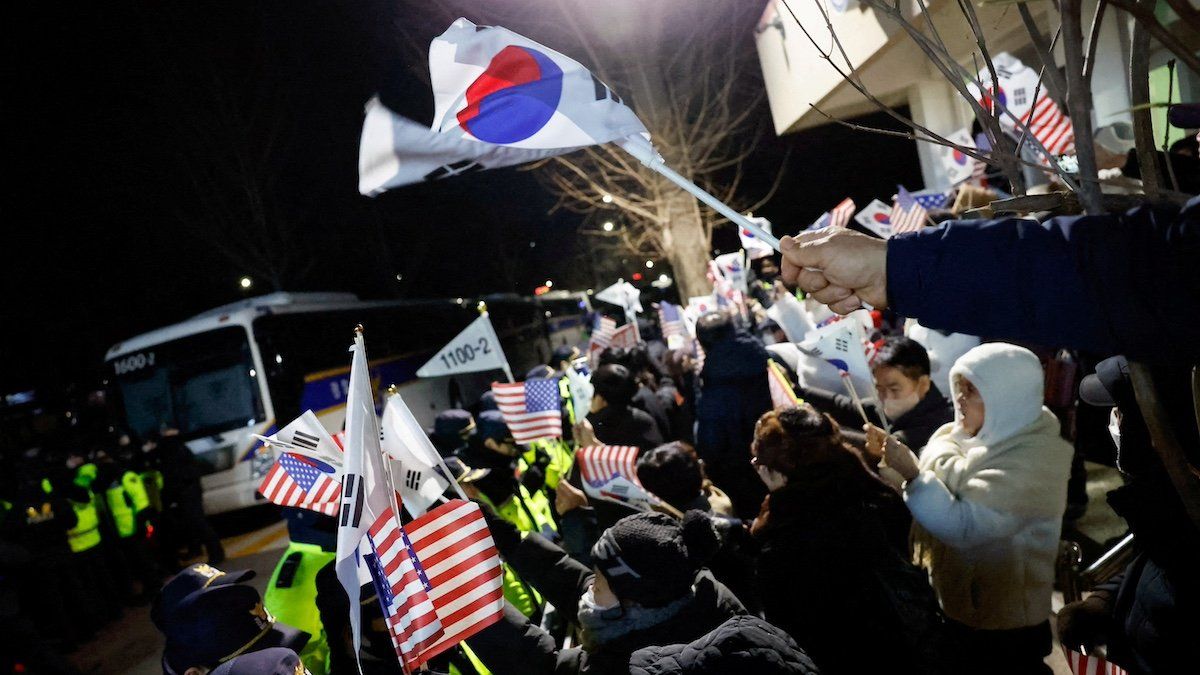Impeached South Korean President Yoon Suk Yeolrefused to accompany police officers for questioning on Monday, after his supporters stormed a court that approved his continued detention on Sunday. Ninety people were detained during the clash, and other people who participated are being identified for prosecution.
The authorities might not have to search that hard. The rioters livestreamed themselves blasting lines of police with foam from fire extinguishers and entering the courthouse by force. They broke into at least one judge’s chamber during the brief incursion.
Yoon said through his lawyers that he found the rampage “shocking and unfortunate” but that he understood the “rage and unfairness” many Koreans felt. His lawyers have argued that his arrest last Wednesday was illegal and that the court has no jurisdiction in this matter.
Politics are in the most precarious place in years. While impeached, Yoon has still not been formally removed from office, and the long delay has allowed his political allies to consolidate. Elections will be held 60 days after Yoon is formally removed by the Constitutional Court.
In the meantime, markets are suffering through the uncertainty, and the central bank downgraded economic growth forecasts for the coming year to between 1.6% and 1.7%.